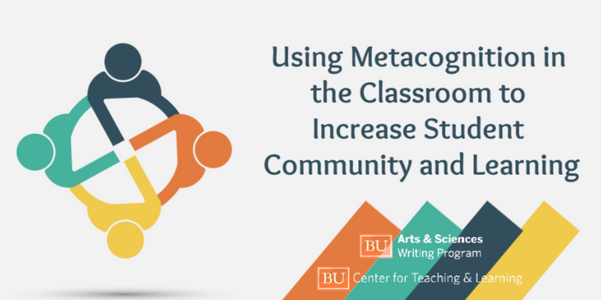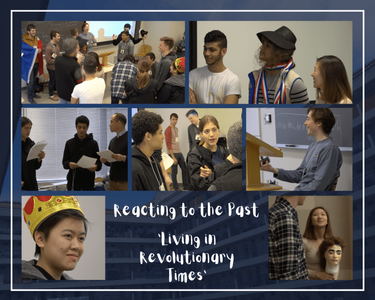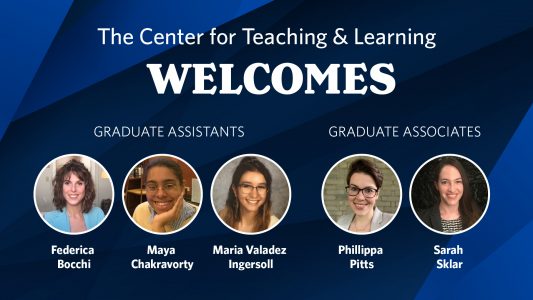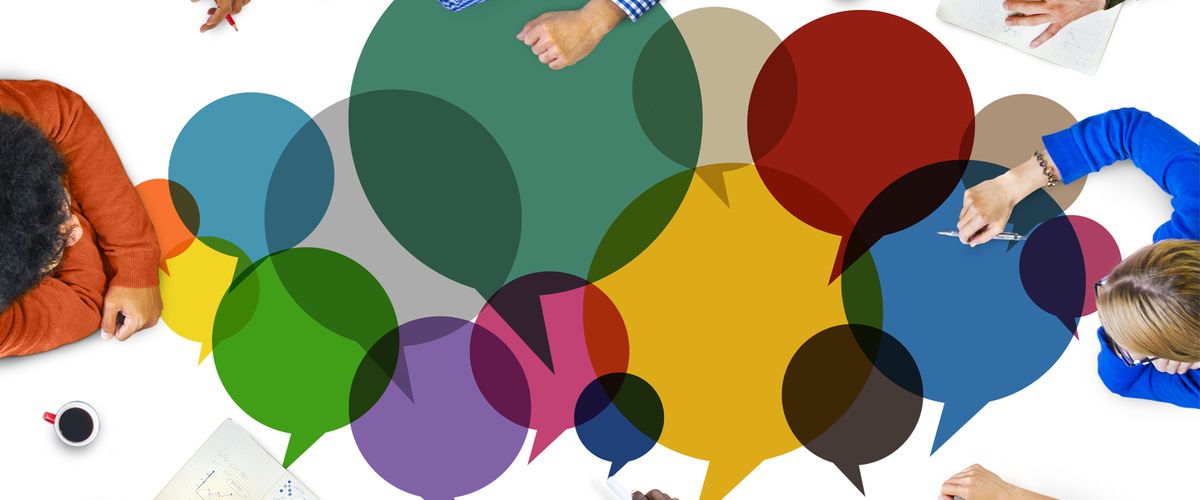Our News & Announcements page is your one-stop shop for all the recent resources, events, and news from CTL! This page will be updated periodically with contributions from CTL staff, Graduate Teaching Consultants, and Faculty. We invite your feedback and suggestions for topics—please reach out to us at ctl@bu.edu.

Introduction to Self-Explanation
Learn how educators can encourage contextualized learning over memorization of steps with the process of self-explanation.
(Contributed by Maria Valadez Ingersoll.)
More
Recap: Graduate Student Workshop on Metacognition
Christina Michaud and Melanie Smith explained how simple metacognitive exercises can benefit both students and instructors without generating more grading. More

Welcoming Designing Antiracist Curricula Fellows
Professor Ibram Kendi offered words of welcome to the first cohort of DAC Fellows who will gather each month to learn about antiracist teaching approaches and develop courses. More

Graduate Student Workshop: Using Metacognition in the Classroom to Increase Student Community and Learning
Explore strategies for prompting students to reflect on their learning, address their fears of failure, and assess themselves and their peers. More

Embodied Learning: Teaching and Learning with Reacting to the Past
Read the intense and exhilarating experience of attending the annual Game Development Conference, Reacting to the Past.
(Contributed by Maria Gapotchenko.)
MoreCTL begins new partnership with MetroBridge
The Center for Teaching & Learning is excited to announce a new partnership with The Initiative on Cities’ MetroBridge experiential learning program. The partnership will... More

Reimagining the Grading Paradigm
In Spring 2022, the Center for Teaching & Learning created several events and programming that focused on questions about grading. This programming was inspired by, and... More

Meet our Spring 2022 Adobe Catalyst Program Cohort!
BU’s Adobe Catalyst Program (ACP), a Center for Teaching & Learning (CTL) and Digital & Learning Innovation (DL&I) partnership has started its fourth cohort. The... More

CTL’s Graduate Assistants and Associates
This semester, five wonderful graduate students are helping the CTL to provide support to the graduate student teaching community at BU. Graduate Assistants Federica Bocchi... More

Making Time for Connection at the End of the Semester
Contributed by Jean Otsuki. As we near the end of the semester, we encourage you to make time to check in with your students about how... More
